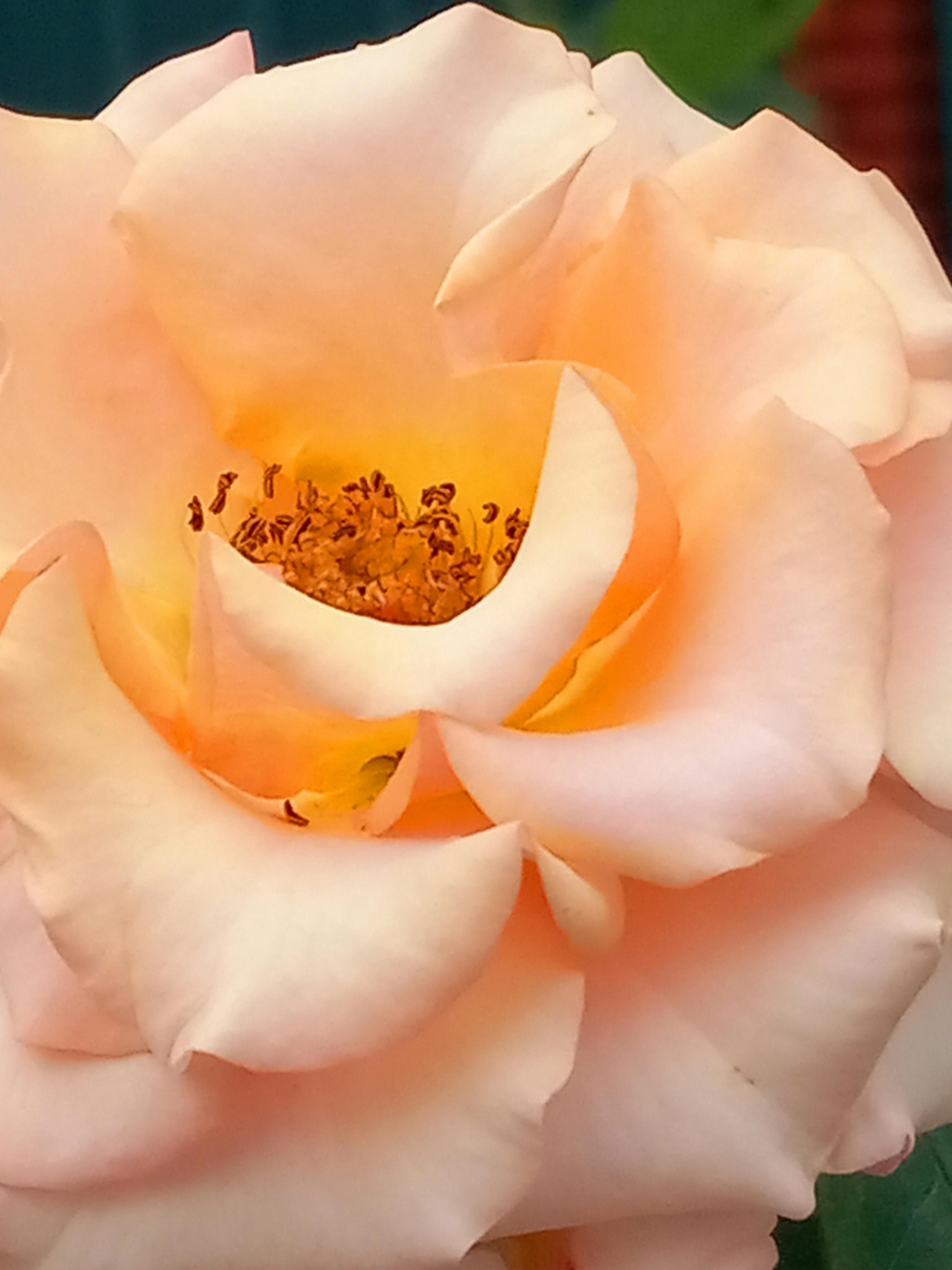Living in society as a woman with a Learning Disability
"I cannot change the fact that I have a disability and how limiting society can be. The only thing I can do is use strategies to help myself be able to do things and compensate. I use my voice to speak power and hopefully a more inclusive society. " -Michelle Steiner
2 mins
Link to hear article read aloud.
One of the hardest parts about having a Learning Disability hasn’t been the disability but how society views it. I have found many strategies to compensate for my difficulties in math and other areas. The most challenging part of having one has been how society has viewed it. From the beginning, it has not been an easy journey navigating a world that was not created for people who need different strategies to learn, live and access the community.
The first struggle was people often tried to limit my potential. My peers did not view me as a smart valuable classmate. They saw that I struggled to learn basic concepts in the classroom and that I went to a Learning Support Room for classes and to have tests read. The small Western Pennsylvania school gave me little room to blend in. The community was known for being close-knit and accepting if you were one of them. My disability made me stand out negatively, and it was clear that I did not fit in the school community. Socially school got more difficult as peer groups became more defined. Thankfully, I found other people my age in an art program in a neighboring school district. I found acceptance there and was able to shed the reputation of being the outcast that haunted me throughout my school years.
Academically, school got easier as I progressed. Slowly, I was in more regular education classes for reading, science, and social studies. By the time I was in high school, I was in all regular ed classes except for math and resource. I was doing well, but everyone was concerned about what would happen after high school. I had a Learning Support teacher who did not think that I could handle college because I struggled with math. She suggested a vocational training school, even though nothing there interested me. Thankfully, I did have people who did encourage me to pursue college with disability accommodations.
After high school, I found that society continued to limit me and focus on the problems. I can remember a physiatrist who told me that it was unlikely that I would go beyond a community college. Once in college, I had a professor who told me that my job choices would be limited, because of my disability. Some of my peers thought that receiving disability accommodations was not fair. Because of the stigma that surrounded them, I decided not to use disability services. Without these services, my grades dropped. I had a professor who suggested extended test times when I mentioned that I was struggling in her class. I was able to pass her class and I got my associate’s Degree in Early Childhood Education.
After college, I was able to move out on my own and found jobs working in childcare. Many of my employers did not understand my disability and I continued to struggle. Eventually, due to financial reasons, I had to move back in with my parents. During this time, I decided to better myself and go beyond community college and into a state university.
I found a program that I was interested in and used the disability accommodations offered to me. I had a note-taker, extended test time, and tutoring. Most importantly I advocated for myself. I found that most of my professors were understanding and did what they could to help me. The stigma of accommodations was still with my peers, but I learned to focus on doing what I needed to do. I made Dean’s List and was able to graduate with my Bachelor’s Degree.
Getting a college degree did not cure my disability or encourage society to be more inclusive. I learned to use strategies to help me be able to thrive, and not just survive in this world. I also had to learn to find my voice to be able to speak up for what I needed. I spent too many years hiding my disability like it was a shameful secret and letting others tell me what I could and could not do. I no longer feel shame for having a disability. I have also found new ways to solve problems and have the confidence that I can handle the situation at hand. Today I work with students as a teacher’s aide in a public school. I encourage my students to use their voices to advocate for themselves, and I teach ways that they can help themselves.
I cannot change the fact that I have a disability and how limiting society can be. The only thing I can do is use strategies to help myself be able to do things and compensate. I use my voice to speak power and hopefully a more inclusive society.
About Author: Michelle Steiner is a disability writer, advocate, and para educator. She published articles on The Mighty, Non-Verbal Learning Project, Dyscalculia Blog, The Reluctant Spoonie, Imagine the World as One Magazine and Word Gathering. Recently she began a blog called Michelle’s Mission. Her photographs were featured in Word Gathering and Independent and Work Ready. She works as a paraeducator in a school with students with disabilities. She lives in The United States with her husband and two cats.
Connect with Michelle:
Join the The Resource Key Newsletter
Subscribe to get our latest content by email and for upcoming events.
